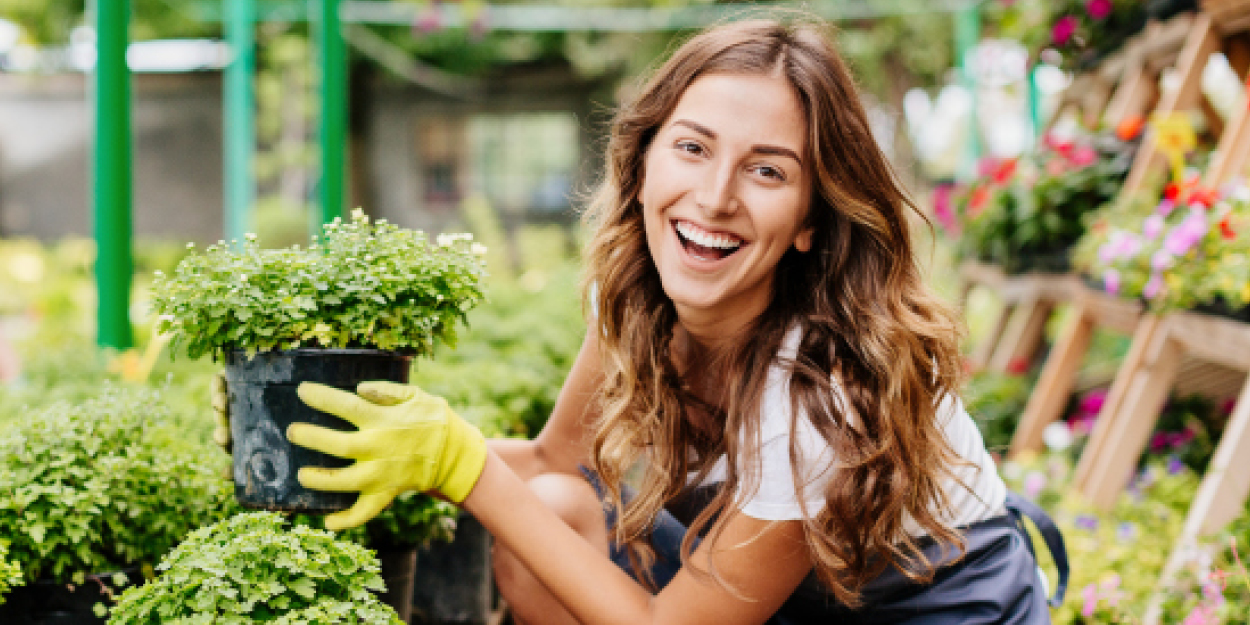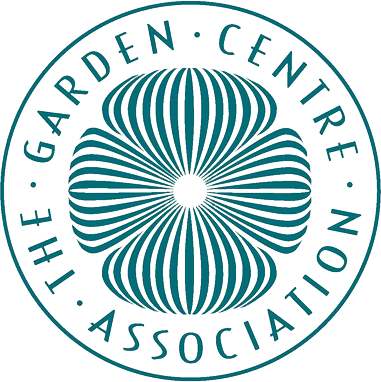The Main Ways to Help Your Garden Birds
February 10th, 2022 | Categories
We are a nation of bird watchers. From the red breasted Robin to the resident Great Tit, Blue Tit, colourful Goldfinch and Chaffinch, Blackbird, Starlings, Sparrows and more. We can’t get enough of these wonderful creatures. What’s great is that it’s not uncommon for us to spot so many different species of birds in our very own gardens at home.

Sadly though, over the past half a century, many of our beloved garden bird species have seen their numbers dwindle. Our growth in population, the need for developing land, and changes in farming practices have resulted in a loss of habit necessary for feeding and nesting locations. Because of this the RSPB recommends helping our wild birds by providing some food all year round.

With that in mind, this can be a tough time of year for birds anyway. The cold temperature causes them to lose body heat much faster, especially with smaller birds, and if the ground freezes, they cannot forage around for food and insects. Some species need to consume as much as a third of their bodyweight during daylight hours every single day just to survive the cold winter nights. This becomes increasingly difficult with the shorter winter days, creating a smaller window for survival. But we can give them a helping hand. Think of your garden or balcony or even window ledge as a vital patch in their larger area of other gardens, fields, woodlands, and towns where they can get the shelter and food they need.

Here’s how you can take some steps to help your garden birds.

How to Help Them
If you’re keen to help the local bird population throughout winter, there are some easy ways to do it:

Provide Food
The most obvious thing you can is provide food. But different species like different things. For example, though not limited to these Robins like fruits, Sparrows and Finches enjoy seeds, and Tits like nuts. Starlings will eat almost anything. Be sure to know what types each species enjoys as you might put food out only to go to waste if they don’t like it as much. Aim to provide a variety of seeds, nuts, grains, fruits, and fats to satisfy the needs of a range of bird species.

In terms of how to feed them, bird feeders and feeding stations go a long way – easy for you and easy for them. A traditional high bird table will be popular with a lot of birds, while some will enjoy a ground feeding station, but watch out if there are cats in the area. Most birds won’t turn down easy access food to food wherever it is, so the higher option might be the best way to go. Wherever you put them try to ensure they are placed in an area the birds can feel safe and make a quick getaway, and they’ll happily stop by each day for a feed.

Remember to only put out what will be eaten during the day. If you have too much food lying around at night you could attract rats! It’ll also mean the birds aren’t put off by mouldy old food around the bird table.

Another key thing to remember is that you can poison birds if the foods are high in salt, so ensure this isn’t the case.

Provide Shelter
Birds can die from exposure, so shelter from a thick hedge they can roost goes a long way in helping them through winter. But if you don’t have any hedges or don’t plan to have any, equally some nesting boxes will do the trick. Give them a good head start by packing with some leaves, grass, bark, or wood chippings. This will save them a job of doing it all by themselves thus saving on valuable time and energy.

Provide Water
Like food, birds are going to need water too. But not just to drink. Birds need to also bathe themselves every day. Even when it’s cold. It’s a crucial task for feather maintenance by loosening dirt and making their feathers easier to clean. To help with this, a pond or bird bath you can buy is great, but you can also DIY it by flipping a bin lid, using a saucer, or even use an old small Lazy Susan.

A Note on Hygiene
Many birds die each year due to the transmission of diseases. To prevent further transmission, clean all feeders regularly and water containers daily, drying them thoroughly afterwards. A mild disinfectant suitable for birds or washed in warm soapy water will do the trick. If you are able, rotating the areas in which they are placed can also reduce the risk of disease.

Have a Cup of Tea for Helping Nature
By helping the birds in your garden with food, shelter and water, whether it be on your balcony, at your window, or directly within the back garden, you’ll help them get through what can be a tough time of year. Three chirps (cheers) for you! Enjoy a cuppa and relax watching the happy birds over winter. The more you learn about the garden birds that visit your patch the better equipped you’ll be to know just what they need to survive the tough winter season. Once you get into the habit why not continue helping the birds throughout the rest of the year too.







